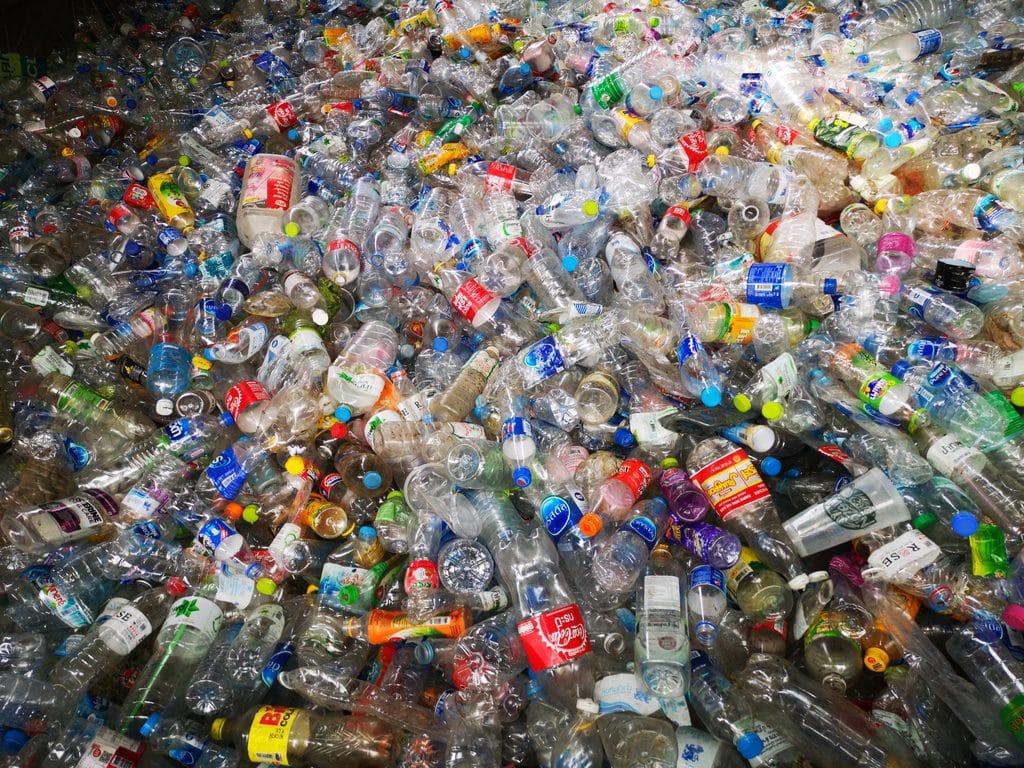Isatou Ceesay has decided to lead a real fight against waste, which is a concern on an African… and global scale. To help eradicate them, she offers a trick to women: design handbags, wallets, and balloons for children with the trash that litters the Gambian streets. Beyond the environmental aspect of the project, Isatou has enabled the 11,000 members of her network to find a way to earn a living.
For Isatou, waste can save lives, it is enough to consider it as a source of wealth and not as a scumbag that should be disposed of at all costs. “Look at this bag, how many lives has it saved! So beautiful! It motivates me every day at work with women. The idea of recycling came to mind when I was very young. I looked at my environment in my community. I realised that people had no idea about how they could manage their waste. So I felt that this should be my contribution…” Isatou decided to sail against the current, at the very beginning of her project, because no one believed in it except herself. Today, it has already convinced and changed lives of nearly 11,000 people who are members of its network.
Isatou can today congratulate herself on the two decades during which she has worked to fight this public enemy, plastic waste. In August 2018, she was ranked fourth in the world’s top eight most environmentalist women’s ranking by the American magazine Bustle. It is a constant struggle for the environmental heroine, because according to her, “abusing the environment means abusing oneself.”
Above recycling…
Isatou’s working days are very full, starting at 5 a.m. and ending only late at night. Since 1997, when the Women Initiative Gambia was created, Isatou and her team have carried out a wide range of activities. They travelled to local markets to teach communities how to manage household waste. The group also offers its members 18 to 36 months of training on various environmental issues. Indeed, the Gambian State recently consulted them before passing a law on a total ban on the import of plastic bags. The association has also launched recently, an innovation program to make briquettes with dried grass, mango leaves, and coconut or paper fibres. (Organic waste represents 50% of all waste in Gambia, editor’s note). It is a project that will reduce deforestation because traditional briquettes are made from coal or traditional wood.
The programme therefore contributes in several ways to the reduction of CO2 emissions and the management of waste, which is a real challenge in Africa. “We still have a long way to go before we have educated people about the relationship between our health and the environment. It is a key issue, as 75% of the Gambian population does not have access to adequate education.”
Luchelle Feukeng
